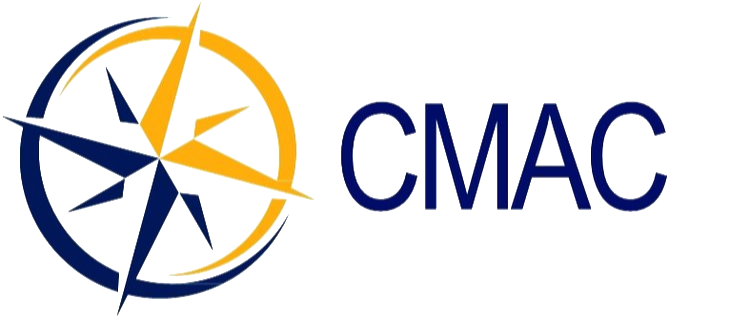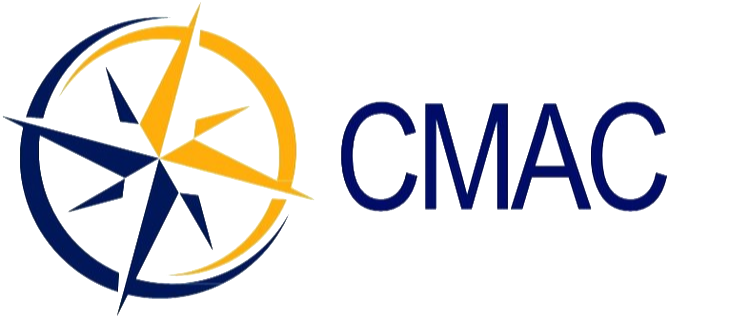
CMAC Sunday Ideas Series: Recruiting Advancement Leaders Across Borders
What a leading global search consultant wants advancement leaders to know about building great teams
When Jocelyn Kelty opened the Australia office of Richmond Associates in 2011, there wasn’t a grand international expansion plan. There was a recession, a career pivot, and a belief that the Australian advancement sector was on the cusp of something big.
She was right. From her early work with the University of Queensland to her role in helping build some of the first modern fundraising teams at universities across the country, Jocelyn has been a key player in the region’s advancement evolution. Today, she leads searches not only in Australia but across Asia and beyond.
We caught up with Jocelyn on Alumless World to discuss the evolving talent landscape, the maturation of recruitment in the nonprofit sector, and what higher education can learn from arts organizations and vice versa.
What makes a successful international hire in advancement?
Universities seeking to attract fundraising talent from abroad often focus on experience, but Jocelyn says adaptability and awareness are equally important. A candidate from a mature philanthropic culture (like the U.S. or UK) may struggle to adjust if they don’t understand the local pace or norms.
“Where it doesn’t work is when someone assumes what works in one country will work in another. They need to be ready to re-learn everything — even how donors expect to be approached.”
At the same time, she encourages clients to broaden their searches and consider transferable skills. Fundraising might be teachable, but the mindset to thrive in mission-driven work isn’t.
How have advancement roles evolved in Australia and Asia?
Early on, direct major gift experience was everything. Now, Jocelyn says that organizations are more open to training and building internal capacity.
She’s also seen a shift in what skills matter most. Institutions are shifting away from event-driven portfolios and focusing on relationship-based work. As advancement grows across Asia and the Pacific, so does the appetite for strategy, leadership, and long-term vision.
“We’re seeing more organizations investing in senior-level roles—Director of Development, Heads of Advancement—and starting to think in campaign cycles.”
What should advancement leaders look for in recruitment today?
While the recruitment process is often seen as tactical—drafting the job description, posting the role, and interviewing candidates — Jocelyn argues that it’s strategic.
The best searches begin with in-depth discovery: stakeholder interviews, culture assessments, and candid conversations about what success truly looks like. And the best candidates? They ask questions about the mission, the team, and the community.
Richmond Associates’ candidate packs are a perfect example — they don’t just list job requirements. They introduce the institution's personality.
“We want candidates to feel like they already know what it's like to work there before they’ve even applied.”
Final Thoughts
Jocelyn’s work reminds us that advancement isn’t just about campaigns and cultivation plans, it’s about people. The right hire can transform a program. And the right search process that's thoughtful, rigorous, culturally aware can elevate an entire institution.
If you’re building a team or planning your next move, listen to Jocelyn’s full episode of Alumless World. You’ll come away with practical insights and a global perspective.
The Big Ideas series is a mostly AI-generated recap of our Alumless and Alumless World podcast episodes put into a slightly different format.
Listen to the full episodes of both podcasts using your favorite podcast app.


